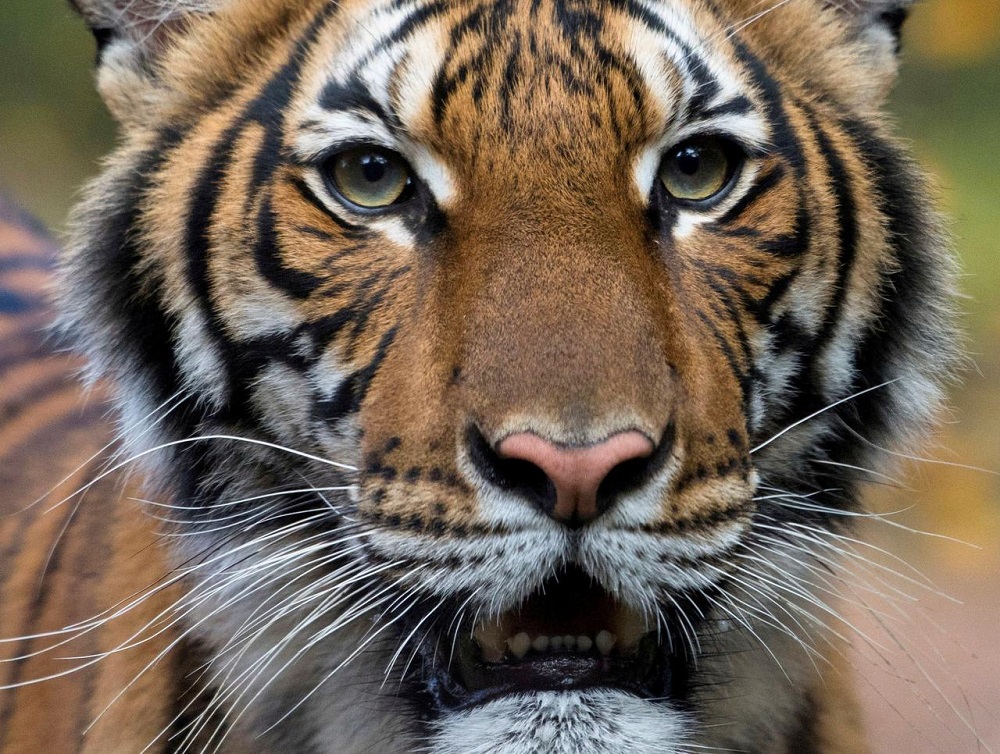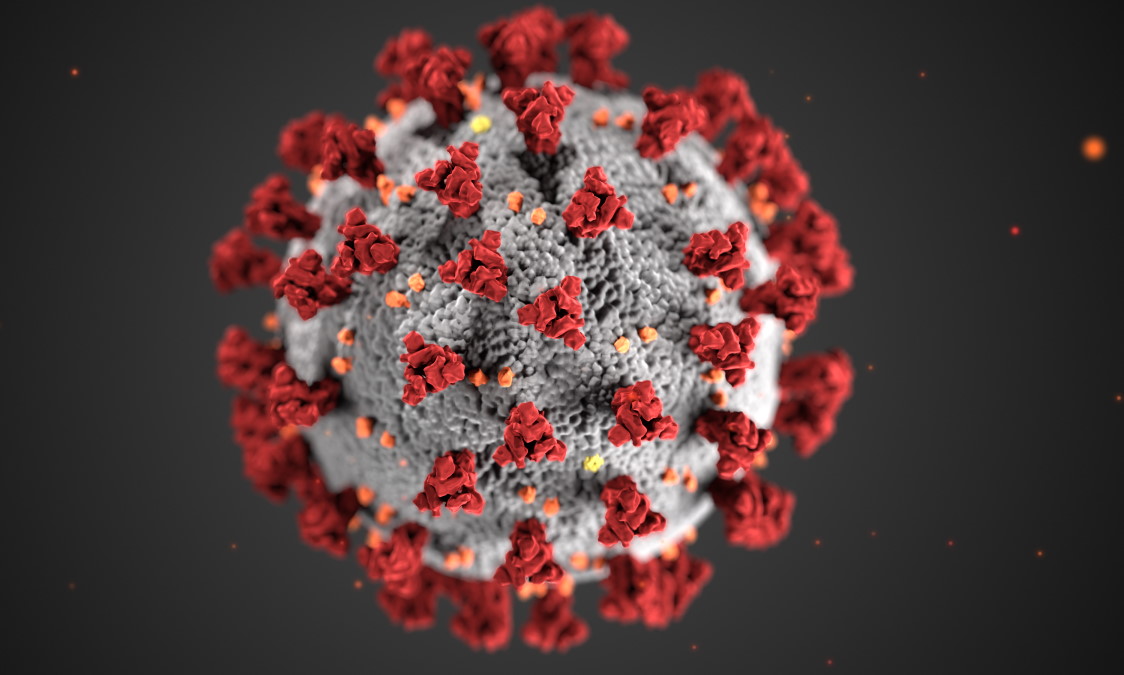UPDATE (7 April / 5:00 PM):
The Malaysian Department of Veterinary Services has put out a statement that says cats and dogs do not spread COVID-19 to humans. The statement goes on to say that while pets can catch the disease, their symptoms will be mind.
The number of viruses in an infected animal is also below the infectious dose for humans. In other words, infected pets have too few of the virus to be infectious to humans.
Haiwan kesayangan (anjing dan kucing) bukan penyebar virus COVID-19 kepada manusia pic.twitter.com/JO4jwl6IEh
— BERNAMA TV 🇲🇾 (@BernamaTV) April 7, 2020
ORIGINAL STORY (7 April / 11:40 AM):
The novel coronavirus was thought to come from animals before it infected the first human. With that, it’s also highly likely that animals could catch COVID-19 from humans as well. Malaysia’s Director General of Health, Datuk Dr Noor Hisham Abdullah, said we should “try to avoid close contact with animals” because of this.
Answering a question at a press conference, Dr Noor Hisham said it’s possible for humans to get infected by animals that are afflicted by COVID-19. This includes common household pets like cats and dogs. He also emphasised maintaining good personal hygiene as a precaution against the disease.

When asked about the pets of of those tested positive for COVID-19, Dr Noor Hisham said to refer to veterinarians. The vets will then check on the animals and decide where to go from there, depending on the diagnosis of the animals.
Earlier, a four-year-old Malayan tiger called Nadia at New York’s Bronx Zoo tested positive for COVID-19. Six other big cats, including three other tigers and three lions, also developed a dry cough. But only Nadia was screened for the novel coronavirus. All of the big cats are expected to recover after getting their meds.
(Source: RTM / Facebook, Reuters [1], [2]. Bernama / Twitter)
Follow us on Instagram, Facebook, Twitter or Telegram for more updates and breaking news.


